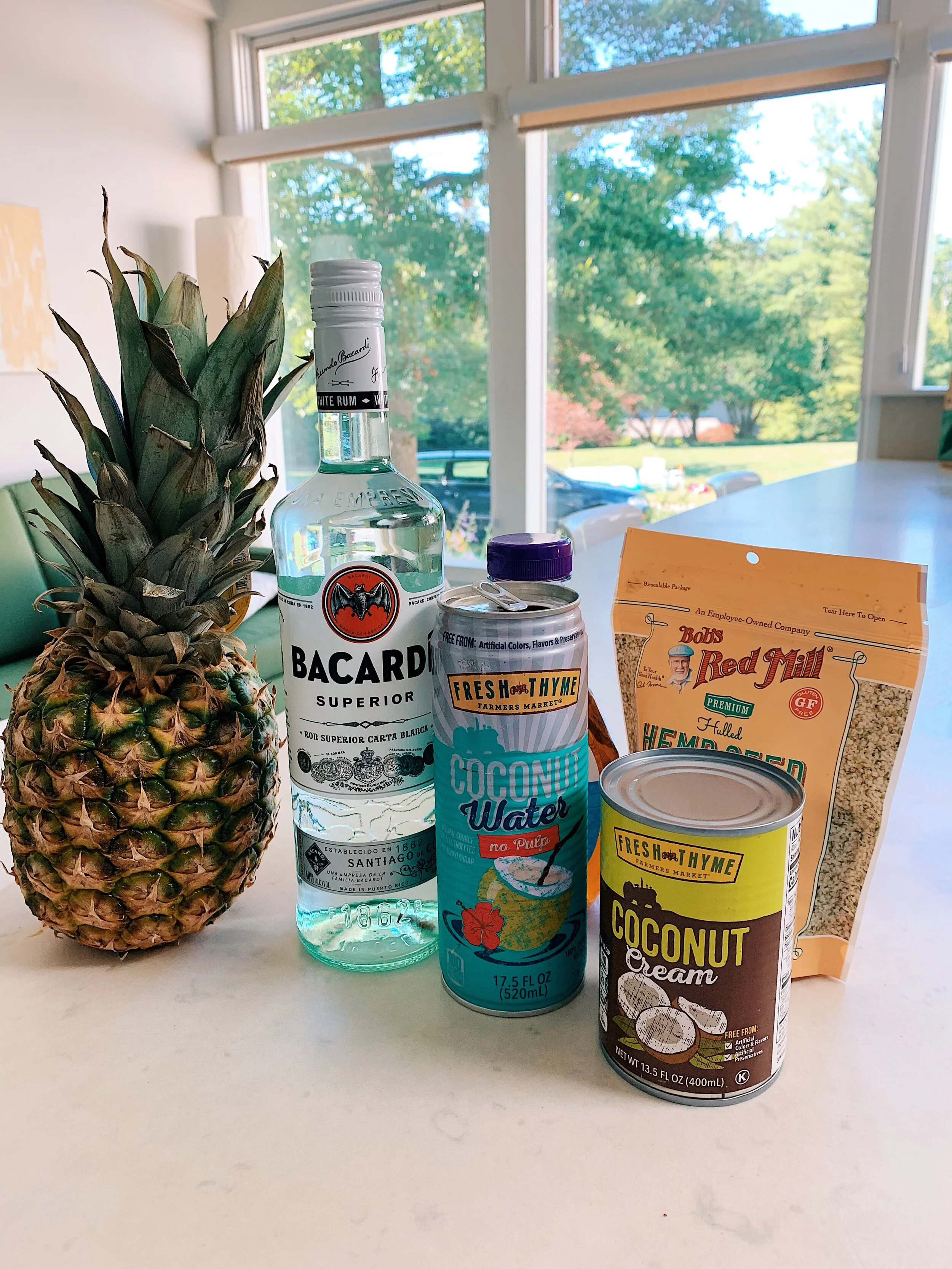TRAVELLING WITH DIETARY RESTRICTIONS
Trying local foods while you travel is an important and fun part of cultural immersion. And, when eating with local people, trying and enjoying their food can not only be crucial for making lasting impressions but for showing respect to their culture. Navigating this can become a bit trickier when you have dietary restrictions, however. Whether it’s for religious, environmental, ethical, or health reasons, not eating a particular food served to you could be perceived as offensive.
I have been pescatarian for about 6 years now. Not consuming any meat other than fish has created new obstacles when it comes to the extensive travel I do internationally. My dad and I were having dinner with a Chinese woman a few years ago when I first realized that my dietary needs could actually be problematic in cross-cultural interactions. The woman was doing business with my dad and offered to take us out to a Chinese restaurant when she was in Los Angeles for the weekend. As we scoped out the menu I told her politely, “Just so you know, I can’t eat meat.” She acted like it was no big deal but as she kept looking at the menu she asked, “But you can eat chicken, yes?” I realized I might need to think of some new ways to explain my dietary needs and figure out how to work harder to make up for the inconvenience.
Dietary restrictions generally just require a little extra planning. If you are gluten free, dairy free, vegan, vegetarian, etc – when travelling to a country with a primary language that is different from your own, the first step is to look up how to say what you cannot have in that other language prior to your arrival. If a local person invites you for a meal, whether it is at their home or out at a restaurant, it is best to warn them ahead of time. But most importantly, know that respecting your own dietary habits is just as important as respecting the dietary habits of your host. This means you may need to go out of your way to try something unfamiliar to you that doesn’t violate your diet in order to show your host you are making an effort to relate to them and their culture. If you are a vegetarian being hosted in Brunei, you can pass on the beef rendang, but you better be trying the ambuyat!
*Ambuyat: Often considered the national dish of Brunei, it is a starch made primarily from sago palm. It can be paired with chili sauces, vegetables, and proteins.
Want more tips on managing particular diets abroad? I’m more than happy to share more of my thoughts and tips in a follow up post! Comment below or email livermorelens@gmail.com.







